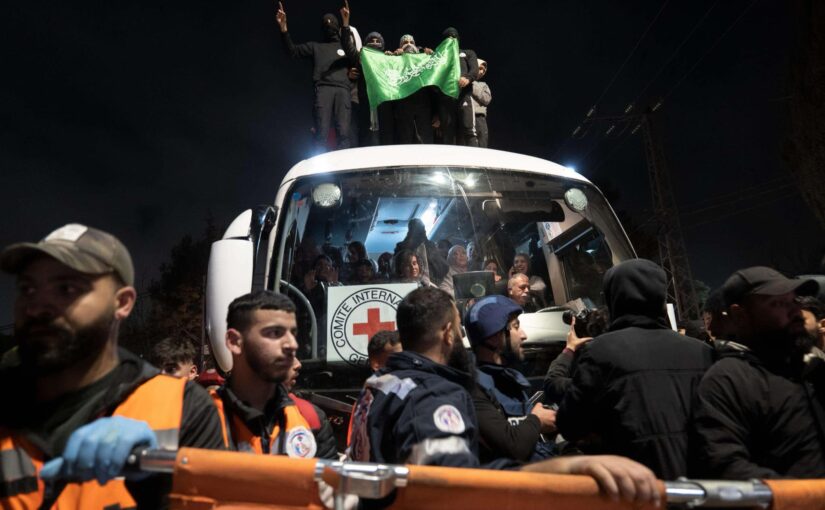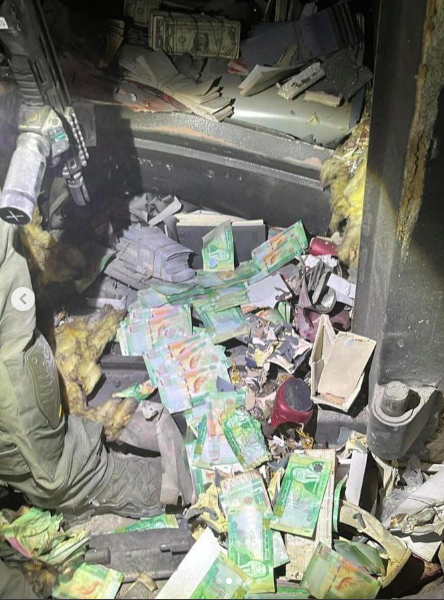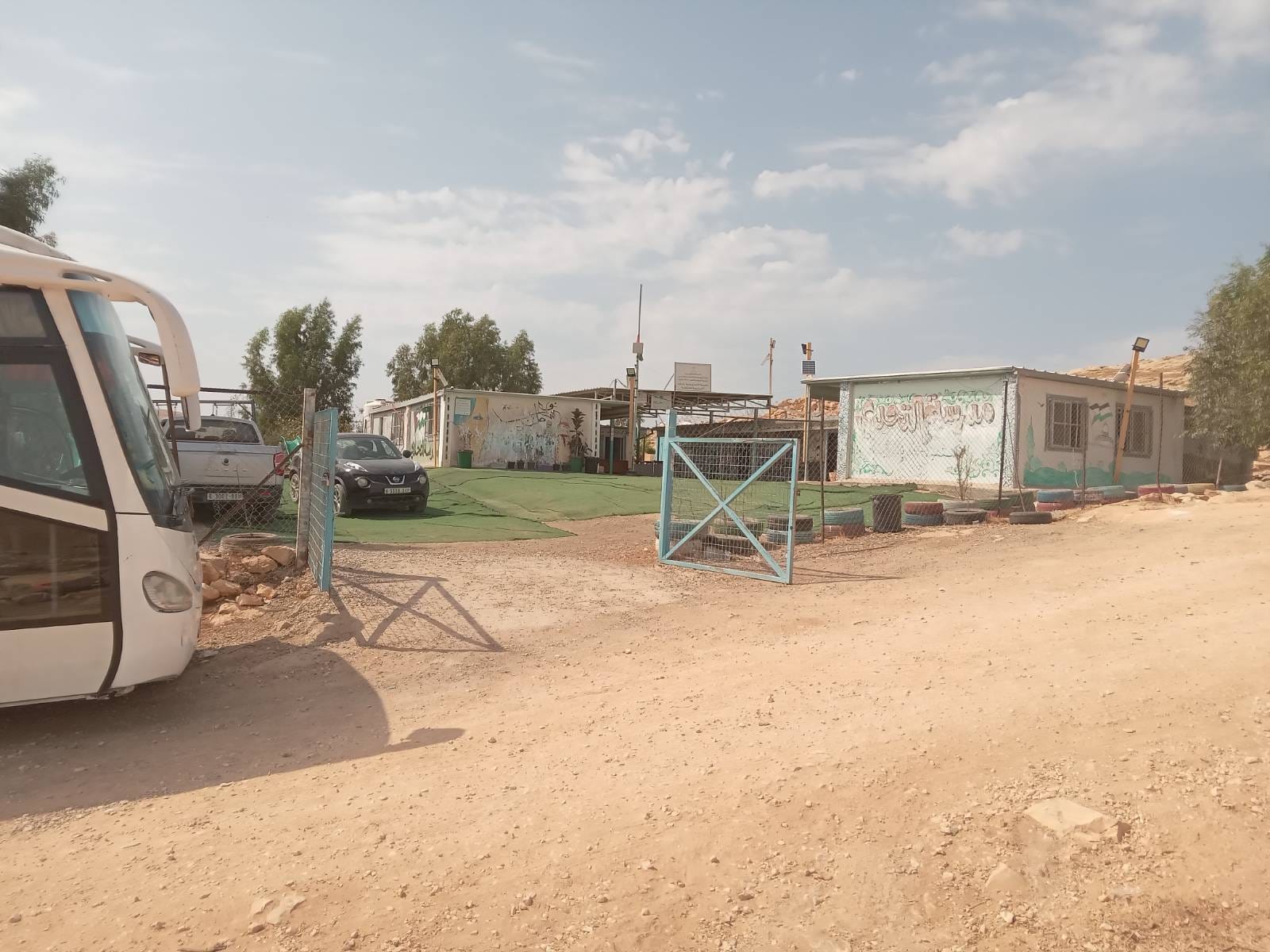Category: Ramallah
-

The Release of Prisoners and the Ceasefire in Gaza
By: Diana Khwaelid21 January 2025 After a year and two months of suffering, displacement and genocide, the ceasefire heralds great joy on the streets of Palestine. But with Israeli forces stepping up aggression in the West Bank, Palestinians fear the war of annihilation has not ended, only moved. Ramallah, West Bank — Celebrations bloomed in…
-

Unprecedented Coordinated IOF Attacks in West Bank
Early this morning, between 1:00 am and 6:00 am, Israeli Occupation Forces invaded several cities across the West Bank. Of the 11 Palestinian governorates in the West Bank, 7 were invaded in a coordinated attack. Clashes were documented in Jenin, Hebron, Qalqilya, and Ramallah, with reports of invasions in Tulkarem, Nablus, and Jericho. Invasion forces…
-

Palestinians hospitalised in settler attack near Ramallah
15 October, 2023 | International Solidarity Movement | Wadi Siq Armed settlers attacked Palestinians and international volunteers in the Bedouin village of Wadi Siq, east of Ramallah, on Thursday (October 12) hospitalising two people. Villagers were also beaten after the illegal settlers returned for a second attack later that day, ISMers were told. …
